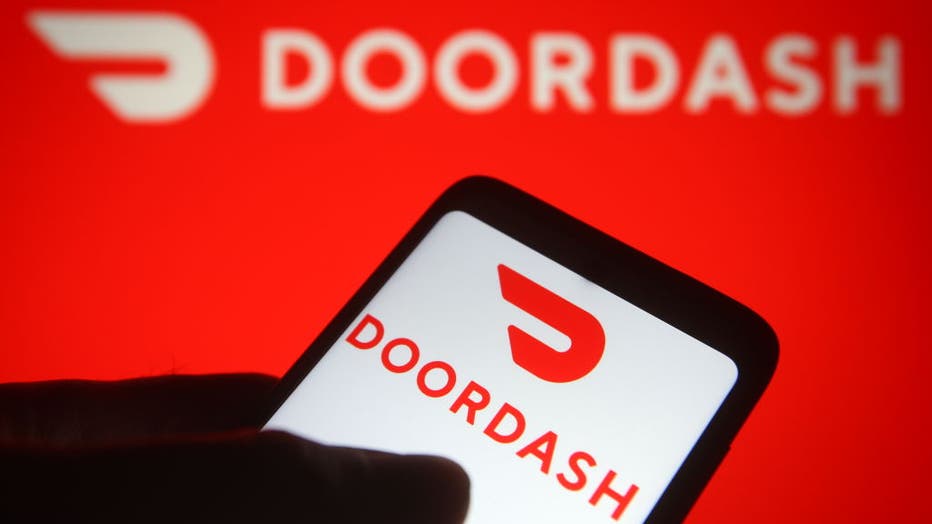Uber Eats, DoorDash remove tipping during checkout for NYC customers

Judge delays food delivery worker pay raise
New York City was ordered by a judge to temporarily delay new minimum pay standards for app-based food delivery workers. The order came Friday, a day after city officials were sued by Uber Eats, DoorDash, Grubhub and Relay Delivery.
NEW YORK - Food delivery platforms Uber Eats and DoorDash announced Monday that New York City customers will no longer be prompted to tip delivery drivers during checkout.
This change comes in response to a new city law that establishes a minimum pay rate for app-based food delivery workers.
In statements, both Uber Eats and DoorDash announced that delivery workers will earn $29.93 per hour of active time.
DoorDash asserted that the minimum pay rule will force the service to raise delivery fees and therefore, moved the option to tip in the DoorDash app to after checkout.

NYC considers changes to fees restaurants pay to delivery apps
The New York City Council is proposing changes to the fee structure that restaurants pay to third-party delivery apps. While some delivery apps claim that they need the fees to maintain their business, others argue that the current fee structure is exploitative. The proposed legislation would remove the 5 percent cap on marketing fees, allowing apps to charge whatever they want.
Similarly, Uber Eats customers will now only be able to tip couriers after their orders have been delivered.
GrubHub, another popular food delivery service that owns Seamless, had not announced changes in response to the minimum pay rule.
"As we have repeatedly made clear in recent months, the ill-conceived, extreme minimum pay rate for food delivery workers in New York City will have significant consequences for everyone who uses our platform," the DoorDash statement read.
Notably, the company had warned customers last month that not tipping on orders could result in potentially longer wait times for meals. It is unclear if the new changes to tipping will affect wait times.

In this photo illustration the DoorDash logo of an US online food ordering company is seen on a smartphone. (Photo Illustration by Pavlo Gonchar/SOPA Images/LightRocket via Getty Images)
Last week, a ruling by a state appeals court forced delivery services to either pay couriers the flat hourly rate of $17.96, plus tips, or pay per delivery at about 50 cents a minute. The lawsuit was the companies' second attempt to block New York City’s for delivery worker minimum wage law, passed in June.
"The apps’ delivery workers in the city earned about $11 an hour on average after expenses, far below the city’s $15 minimum wage," The New York Post reported. "Because app-based delivery workers are usually treated as independent contractors rather than company employees, general minimum wage laws have not applied to them."

